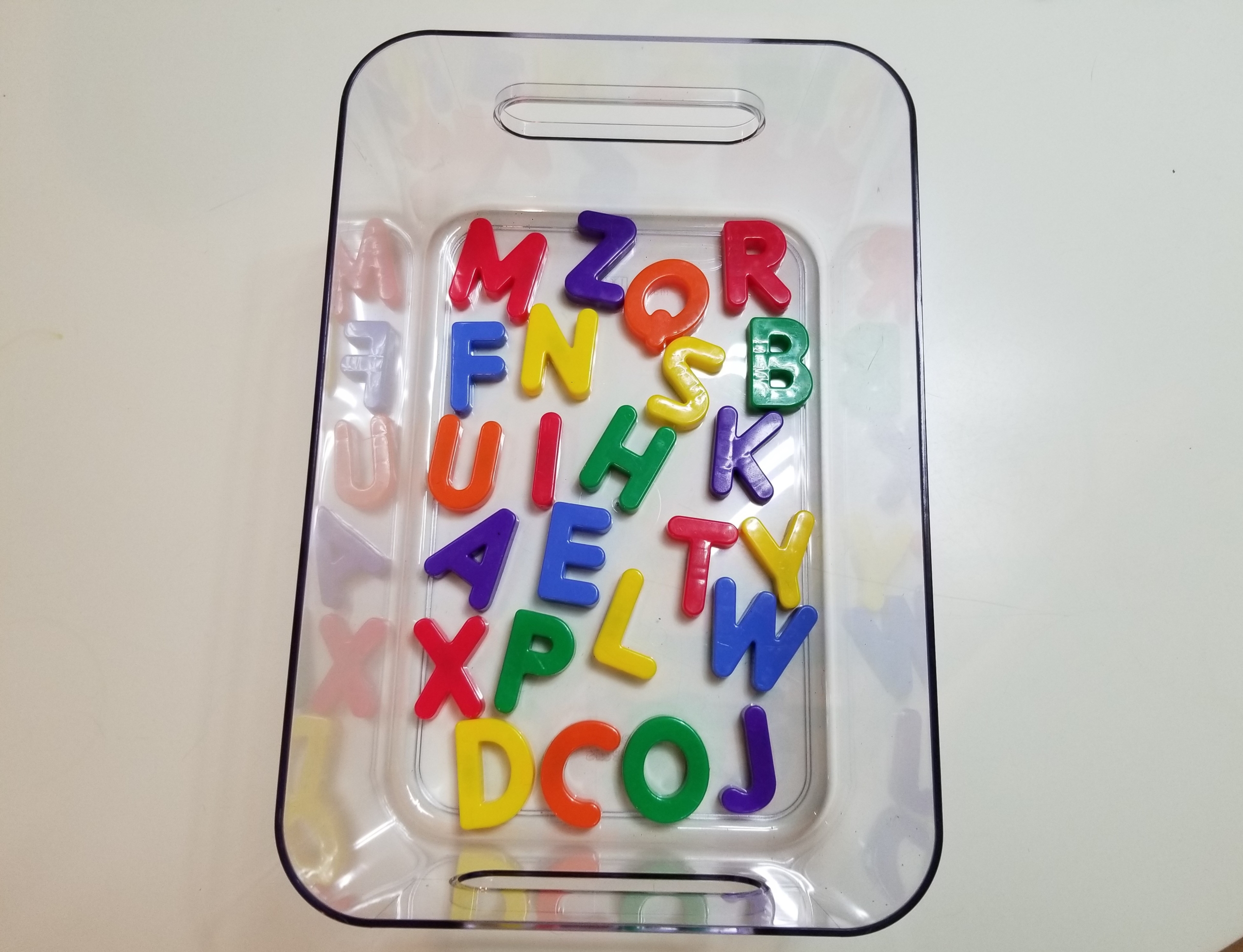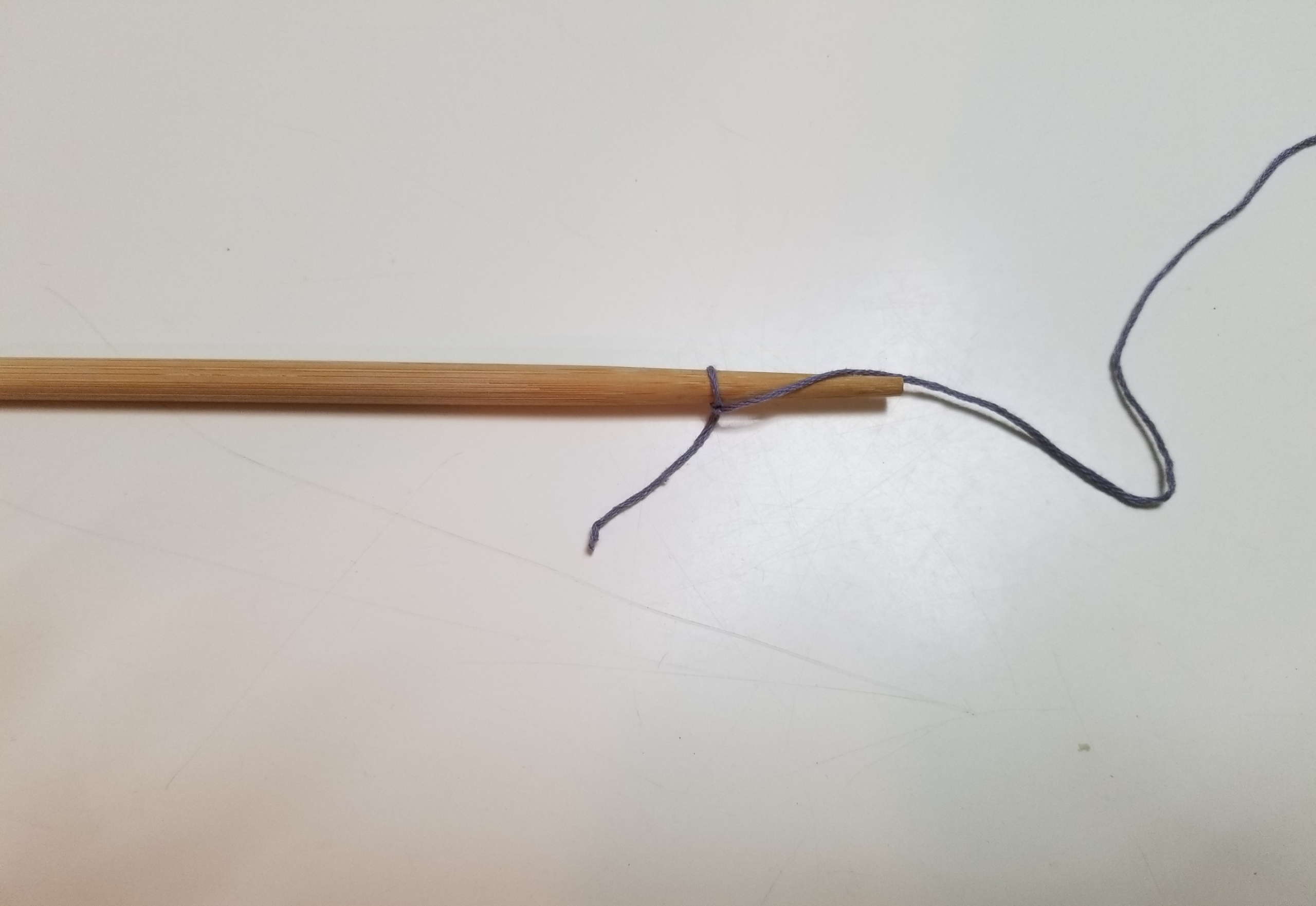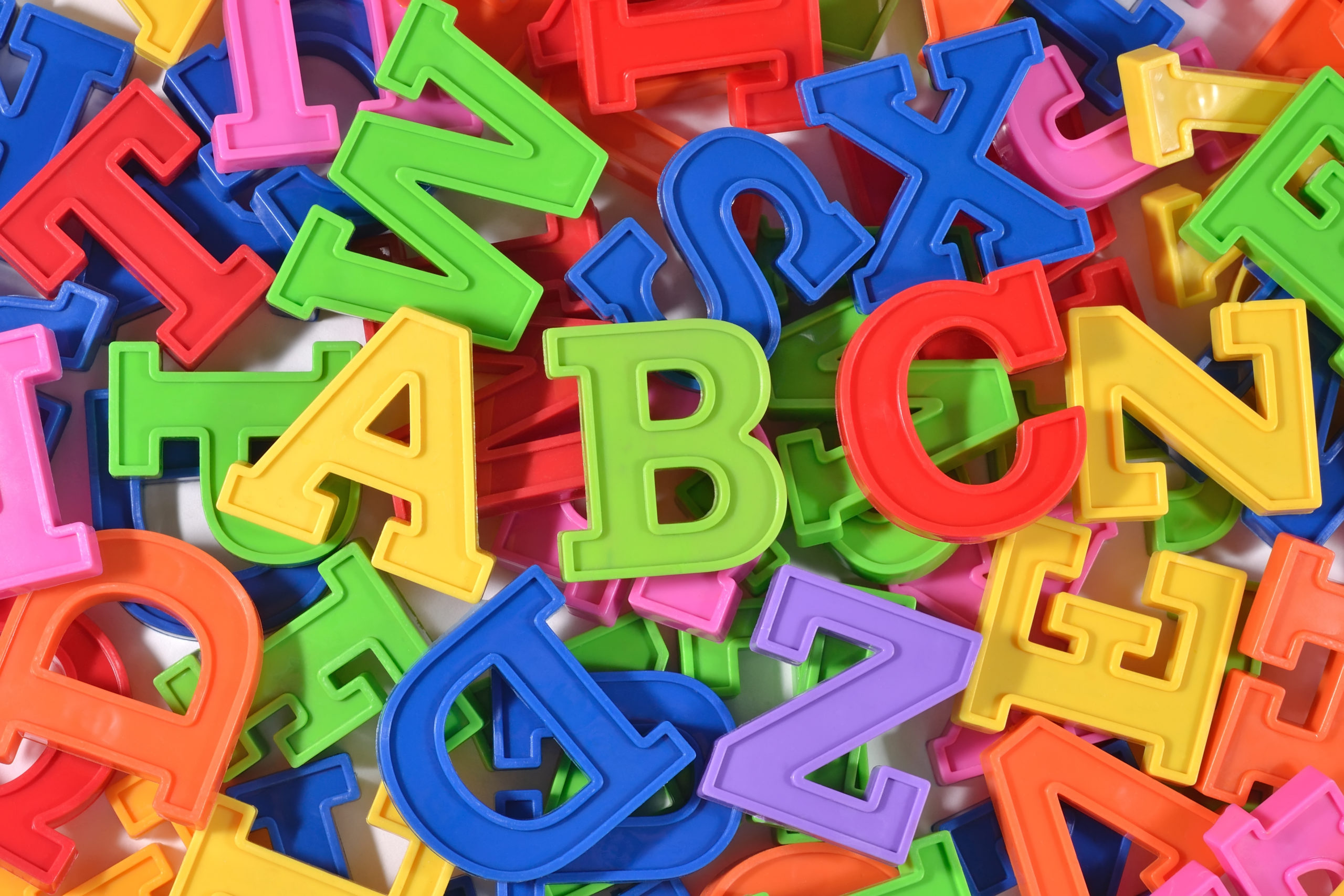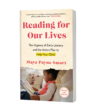By Chrysta Naron
As grownups, we often think of playtime and learning time as two separate parts of the day, when really they overlap! Play is a great way to engage young children and spur brain growth and development. Kids can gain cognitive skills, social-emotional knowledge, new vocabulary, and literacy abilities—all without boring drills or rote repetition. So when it’s time to help your child learn academic subjects, infuse play into the activity and you’ll see your child grow quickly and truly.
One of the ways we love to infuse learning with play is by creating games, especially those that children can play independently and where they feel in charge of their learning. This alphabet fishing game has become a favorite with my students, and me too! Your child will have fun pretending to be on a fishing trip while learning their letters. And maybe the best part is that it only takes five minutes to set up.
(For more alphabet games, check out these posts on how to make a DIY ABC board game, an easy alphabet card game, letter bingo with a free printable, and ABC hopscotch!)

Materials:
- Alphabet magnets
- String or yarn
- Chopstick (or similar)
- Plain magnet
- Tape
- Container
- Flash cards (optional)
Cost: Free if you already have alphabet magnets and these other simple materials. If you don’t have letter magnets yet, they’re well worth adding to your teaching arsenal. You can pick up some basic ones for just a few dollars.
Step 1: Place the magnet letters into the container. Make sure the letters are facing up so kids can read them. This is your fishing pond.

Step 2: Tie a string around one end of the chopstick. This will be your child’s fishing pole! Tip: If you don’t have a chopstick, you can also use a ruler or even a sturdy reusable straw.

Step 3: Take the other end of the string and tie it around your plain magnet. I like to add a little tape to make sure it’s nice and secure.

Step 4: It’s time to go fishing! Place a stack of ABC flashcards next to your “pond” and have your child draw a card, then fish for that letter. When they snag it, they can flip the card and go after the next letter in the stack. If you don’t have flashcards, you can write your own on a set of index cards or simply call out letters to your child.

Variations: You can also vary the game to teach other early literacy skills. You can use flashcards featuring lowercase letters and have your child fish for its uppercase buddy. You can also skip the flashcards and make the sound of a letter. Then your child fishes for the letter that makes that sound. You can have them fish for the letters to spell their name, or any word they want to learn. The list of possible variations goes on and on.
The important thing to remember is this—if your child is having fun, they’re learning!
How are you infusing play into your child’s learning?


